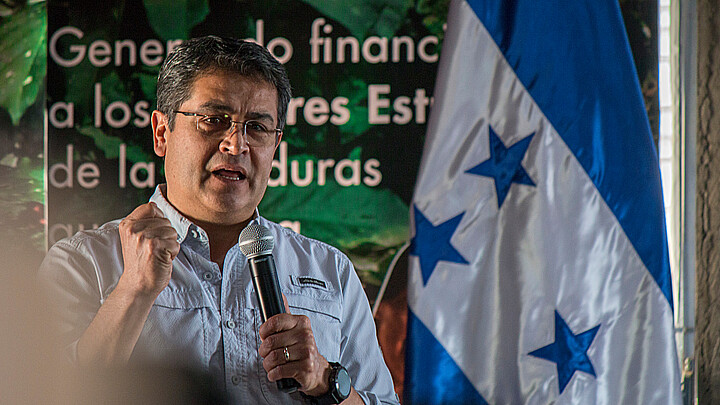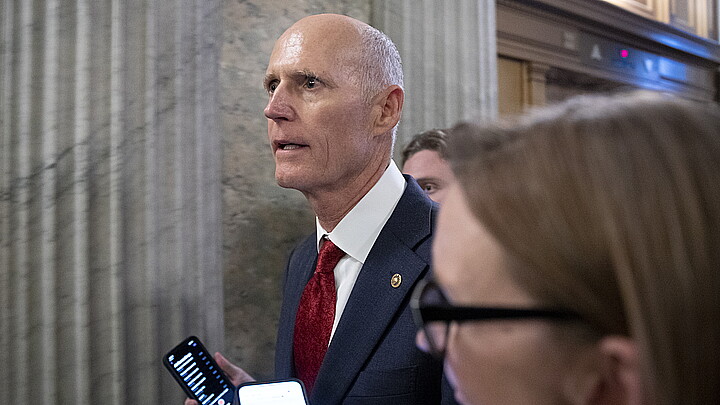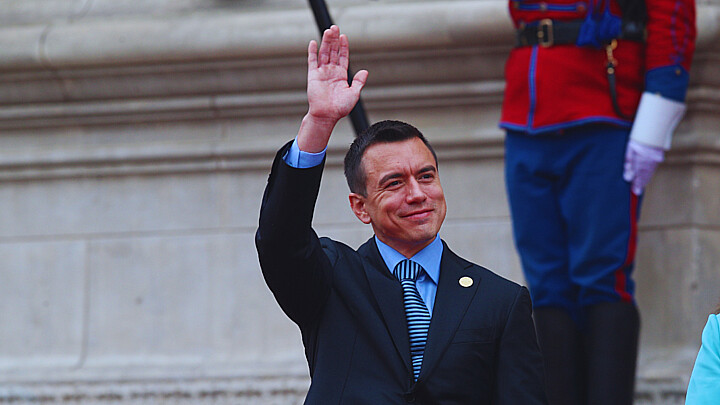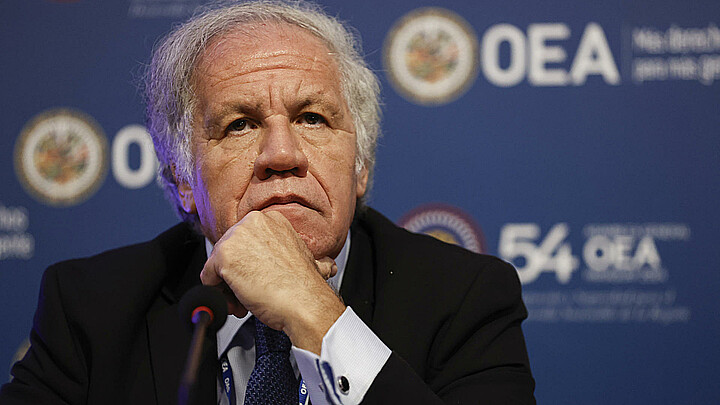Politics
Ariel Henry out: Haiti's prime minister relinquishes power, transitional leadership under consideration
The prime minister’s final decision came after the CARICOM regional group of Caribbean nations met in Jamaica on Monday to try and broker a political transition for the embattled island nation, which began erupting into violence in July
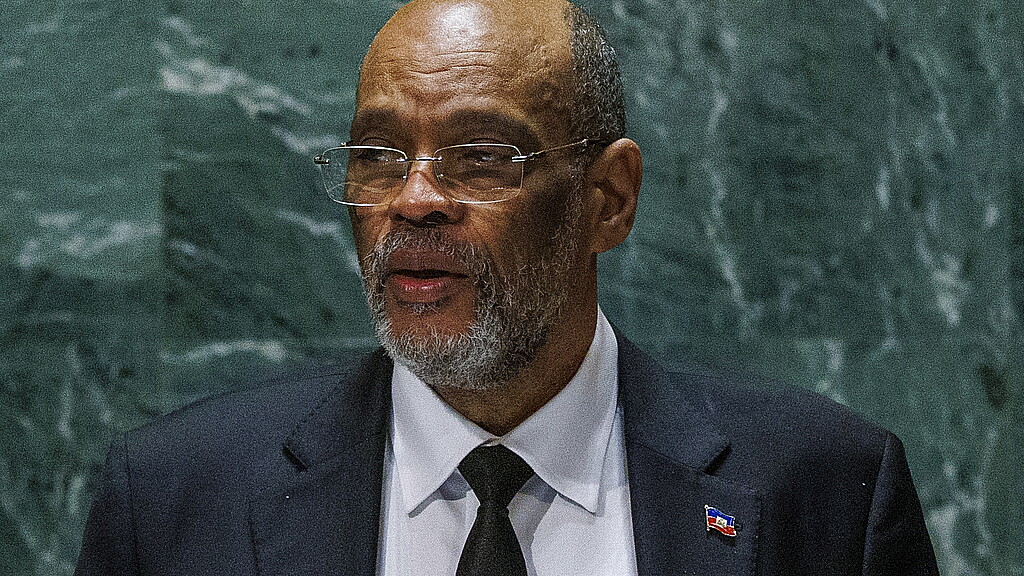
March 12, 2024 10:15am
Updated: March 12, 2024 1:07pm
Haitian Prime Minister Ariel Henry agreed to relinquish power and step down from his position of leadership after weeks of increasing violence erupting throughout his homeland.
The prime minister’s final decision came after the CARICOM regional group of Caribbean nations met in Jamaica on Monday to try and broker a political transition for the embattled island nation, which began erupting into violence in July.
Prior to returning to the Caribbean, Henry was in Kenya to help facilitate the deployment of an international police force to quell violence in his homeland. ADN reported on Friday that the U.S. was considering sending in a Fleet Anti-terrorism Security Team (FAST), a special component of the Marine Corps trained in noncombatant evacuation operations.
The Haitian prime minister is currently based in Puerto Rico because he was unable to land in Haiti as a result of gangs invading the Port-Au-Prince airport and the Dominican Republic restricting all flights to and from the neighboring country.
To quell the violence and mounting uncertainty, Henry made a video address to his countrymen, asking them to keep calm and carry on.
“The government that I am leading will resign immediately after the installation of [a transition] council,” the prime minister told his fellow Haitians. “I'm asking all Haitians to remain calm and do everything they can for peace and stability to come back as fast as possible.”
Henry initially stepped into the role as prime minister on what was supposed to be an interim basis in July 2021 after his predecessor, former President Jovenel Moïse's was assassinated.
Since then however, he has delayed elections, attributing his decision to rising instability and a lack of security.
But many of his countrymen became increasingly uncomfortable with the decision since he was never formally elected.
Since then, gangs have called upon the prime minister to resign.
Amid those calls of resignation, gang warfare has escalated in the capital city of Port-au-Prince as they seized control of government buildings, schools, hospitals, and the city’s central airport. They also stormed major prisons and freed thousands of inmates, some of whom may have purportedly joined their ranks.
The blossoming chaos prompted the U.S. Embassy in Port-au-Prince to issue warnings to Americans to leave the country, and subsequently extend the Caribbean nation’s “Temporary Protected Status.”
Rumors of Henry’s resignation were circulating for several days, especially after CARICOM leaders expressed their concerns that his continued reign in power was only stoking uncertainty and violence.
The CARICOM position, coupled with the White House’s backing down from its support to see Henry remain in power during a transitional process left the embattled prime minister with no concrete political allies.
According to reports, Henry still hopes to return to his homeland, but U.S. officials fear for his safety.
Since then, Secretary of State Antony Blinken said the United States has committed another $100 million to the 1,000-strong U.N. security force Kenya is expected to lead on the island, and another $33 million for humanitarian aid.
For now, Guyana President Irfaan Ali, who currently serves as the CARICOM chairman said the next step will be to establish a “transitional presidential council” so “an interim prime minister” can be named.
The transitional presidential council is expected to have seven voting members, two observers, one religious leader and representatives from civil society and the private sector.
The council has been mandated to “swiftly” appoint an interim prime minister, Ali said, and that future presidential candidates will be excluded from consideration for the temporary appointment.
If successful, the council will help organize Haiti’s first elections in eight years.
Meanwhile, U.S. forces remain on stand-by. The U.S. previously sent FAST teams to Haiti in 2010 to secure the capital city U.S. embassy after the island was struck by an earthquake.


